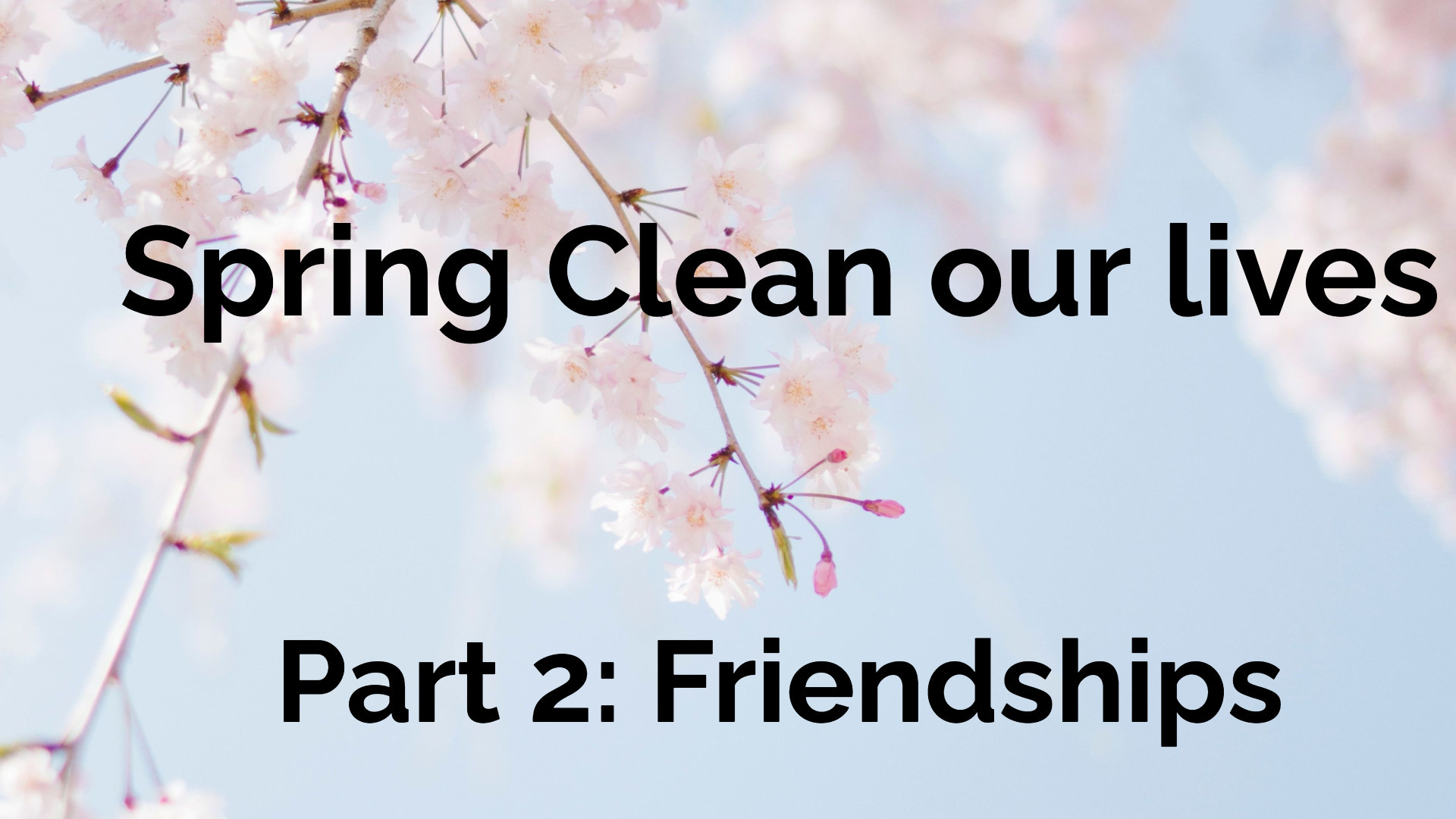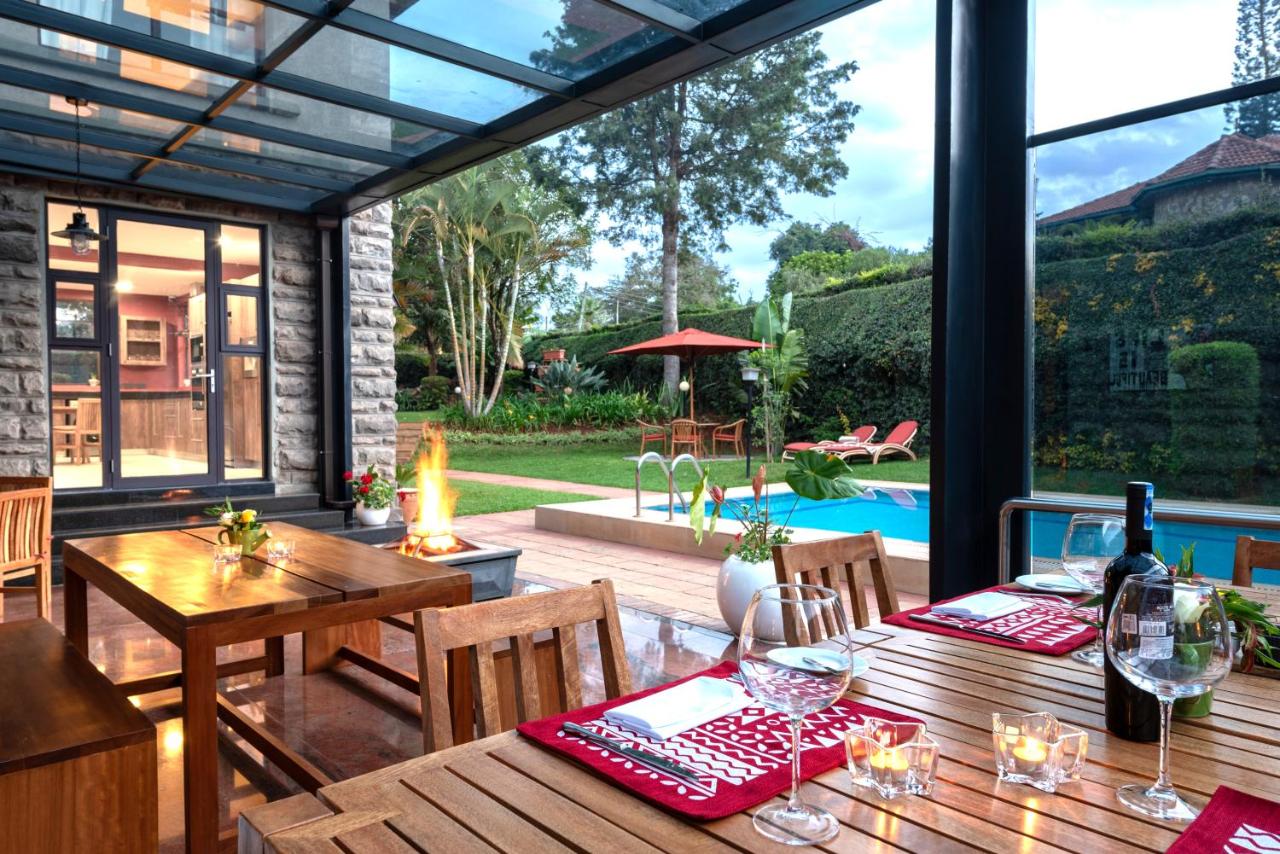Realising we are now a third of the way into the year I thought this would be a good time to reflect on the year to date. In particular on what is it that you have learned and how have you have developed yourself?
I’m now on Substack. I only started writing 4 weeks ago and yesterday my 7th article was published. It’s a steep learning curve and I signed up for a year of training and support because I want to do it well.
Just like any other bit of tech, it can be a bit alien to start with, but like other things, get advice, take it slow and treat setbacks as learning opportunities.
You can read the articles here, they share the theme of retirement but are different, so please subscribe to both:
https://rethinkingretirement.substack.com/
I’ve also been learning other technical stuff, and continue to expand my knowledge of research related to retirement and ageing. It’s not just work I’m also increasing my knowledge of plants and wildlife and have just booked a trip to South Africa to learn the skill of animal tracking.
My 91-year-old mum is learning to use WhatsApp. It’s certainly been challenging and she still isn’t being proactive but if told she will look at messages and she does answer if I call, and loves how she can see me.
She is also learning to be more assertive. To stand up for herself. To say no. She even walked out on something she wasn’t enjoying – you go mum! As we get older, we have less time to waste.
You can teach an old dog new tricks
How I hate the phrase that you can’t … and it is so untrue. You can teach an old dog. They are inquisitive at any age. The phrase is attributed to John Fitzherbert back in the 16th Century.
I think what happens is that people can have a voice in their head that tells them that they are too old. This then leads to a self-confirming prophecy. If you think that something will go wrong you may put less effort into doing it.
Learning doesn’t have to be formal, or academic ….
We can decide we want to take up a new hobby, or learn to ride a bike or swim. We can also decide to learn to be a better listener, to be more assertive, or to take more time to chill and to listen more to our inner voice.
We may learn more through some voluntary work we undertake.
In Chapter 5 of my book, I write:
Long-life learning
Remaining curious keeps us young and builds our confidence. It can open us to new opportunities. There are so many options, from short online courses and the wide number of MOOCs (massive open online courses), joining U3A (University of the Third Age) or Oddfellows to going back to university for academic studies. It could help with gaining work opportunities or it could be purely for its own sake. If you always wanted to study French literature or learn motorcycle maintenance, why not do a course now? I’ve been reading of a woman, now over 90, who seemed to be addicted to learning, with four master’s degrees and now studying for a PhD. If you want the academic qualification, why not? But learning doesn’t have to be formal.
Many of us never got a chance to go to university, leaving to start work at 16 and learning on the job, or perhaps a part-time degree later, but with a focus on our career. Forced to leave school myself at 15, I started to study with the Open University in my early 20s and continued to study; I became an effective learner, learning short cuts. Only later did I realise I had missed out on all the non-essential reading. One of the joys of academic study in my 60s was to have more time, and at one point I went down a side avenue and spent three weeks looking into the meaning of meaning which ended up as one paragraph in my thesis, but I was so glad I fully explored the philosophy of meaning.
Learning does not need to be academic, and it could lead to some paid work – sewing, cooking, computer programming, or web design. It could be related to activities such as learning martial arts or to dance. It may be related to personal development – gaining the confidence to undertake public speaking, learning a foreign language so you can read Les Misérables or À la recherche du temps perdu (In Search of Lost Time) in the original French, or you may want to become a better listener.
Seamus decided to learn Irish and found a course via Future Learn. He also realised he could benefit from learning computer skills, so with a new computer and YouTube videos he is becoming more proficient. He still plans to learn more about photography, but for that wants a face-to-face course rather than to learn anything else on line.
Vidhi started to learn Lindy Hop and found a social life through regular attendance at classes. She then moved on to Burlesque classes – not to perform on stage but to give her more self-confidence. I’ve also done Burlesque classes and it was great fun.
Activity
Make a note of anything you would like to learn, or to be able to do. Also make a note of what motivates you. Understanding your motivation will give clarity on your likelihood of success. For example, with an interest of history, do you want to know more about where you live or do you want to go deep into original research as you study for a PhD or MPhil?
I hope this has sparked some interest and I would love to know what you have learned so far this year and any plans you have.
Till next time, Denise





